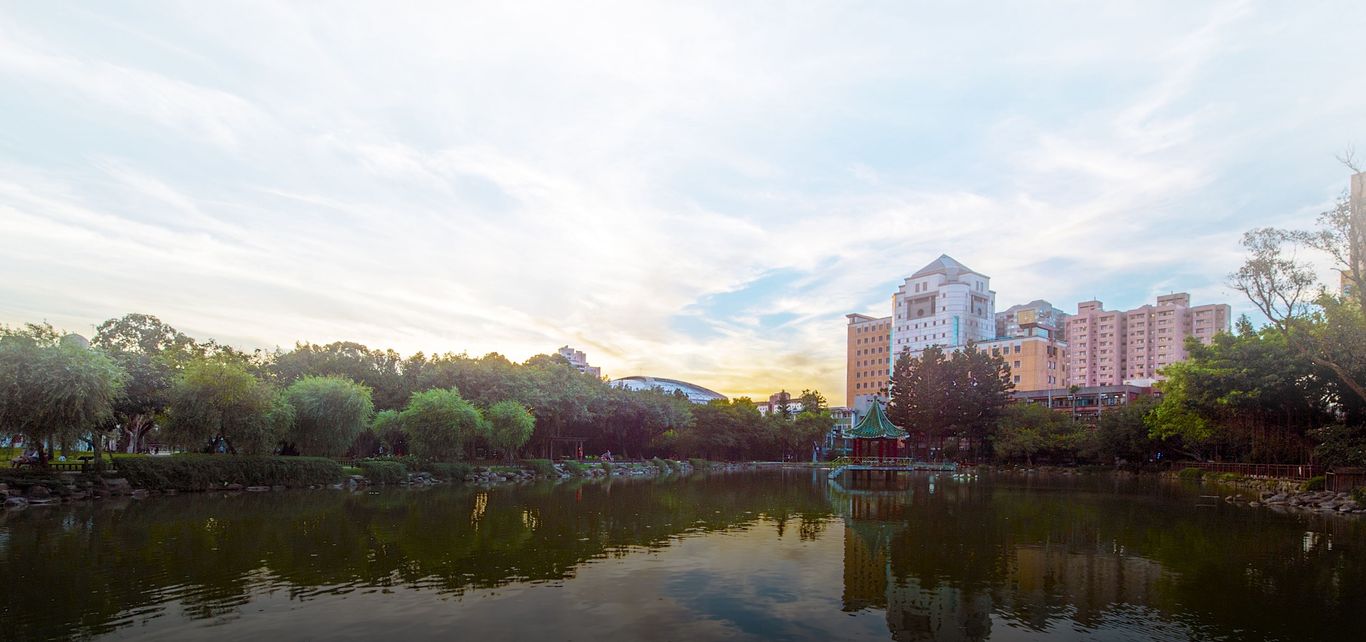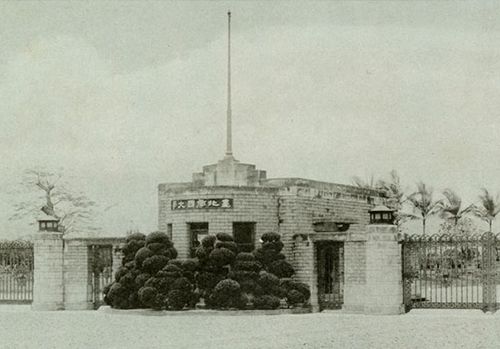
Brief History
The predecessor of National Taiwan University was Taihoku (Taipei) Imperial University (TIU), founded by the Japanese in 1928. The first president was Dr. Taira Shidehara. When TIU was first established, it had two colleges: the Faculty of Literature and Politics, and the Faculty of Science and Agriculture, and had a combined total of 59 students. The Faculty of Medicine and the Faculty of Engineering were added in 1935 and 1943 respectively. The Faculty of Science and Agriculture was also divided into two colleges in 1943: the Faculty of Science, and the Faculty of Agriculture.
During Taihoku Imperial University period, every college consisted of "lectures", which were conducted by a professor and included assistant professors, assistants, instructors and office employees. In 1945, the five colleges had 114 lectures with 382 students.
After World War II and Taiwan's retrocession to Chinese Sovereignty, the R.O.C. government completed the taking-over work officially on November 15, 1945, with Dr. Tsung-lo Lo serving as the first president, and reorganized and renamed the school "National Taiwan University". The Faculty of Literature and Policitcs of TIU was divided into two colleges: the College of Liberal Arts and the College of Law. The University thus consisted of six colleges (Liberal Arts, Law, Science, Medicine, Engineering, and Agriculture) and had twenty-two departments with 500 odd students. The Night School, the College of Management, the College of Public Health, and the College of Electrical Engineering (renamed as the College of Electrical Engineering and Computer Science in 2000) were established respectively in 1967, 1987, 1993, and 1997. In 1999, the College of Social Sciences replaced the College of Law, and the Department of Law was upgraded to become the College of Law. The Night School and the Center of Continuing Education were also combined into the Division of Continuing Education & Professional Development. In 2002, the College of Agriculture was renamed the College of Bio-Resources and Agriculture. In 2003, the College of Life Science was established. As of the academic year 2022-2023, the University has a total of 16 colleges (including International College, D-School, Graduate School of Advanced Technology, Center for Education, School of Professional Education and Continuing Studies), 3 professional schools (dentistry, veterinary medicine, and pharmacy), 58 departments and 146 graduate institutes (including 38 graduate programs). The number of students reached 35,043 in 2022, including 17,117 university students and 17,926 graduate students.
